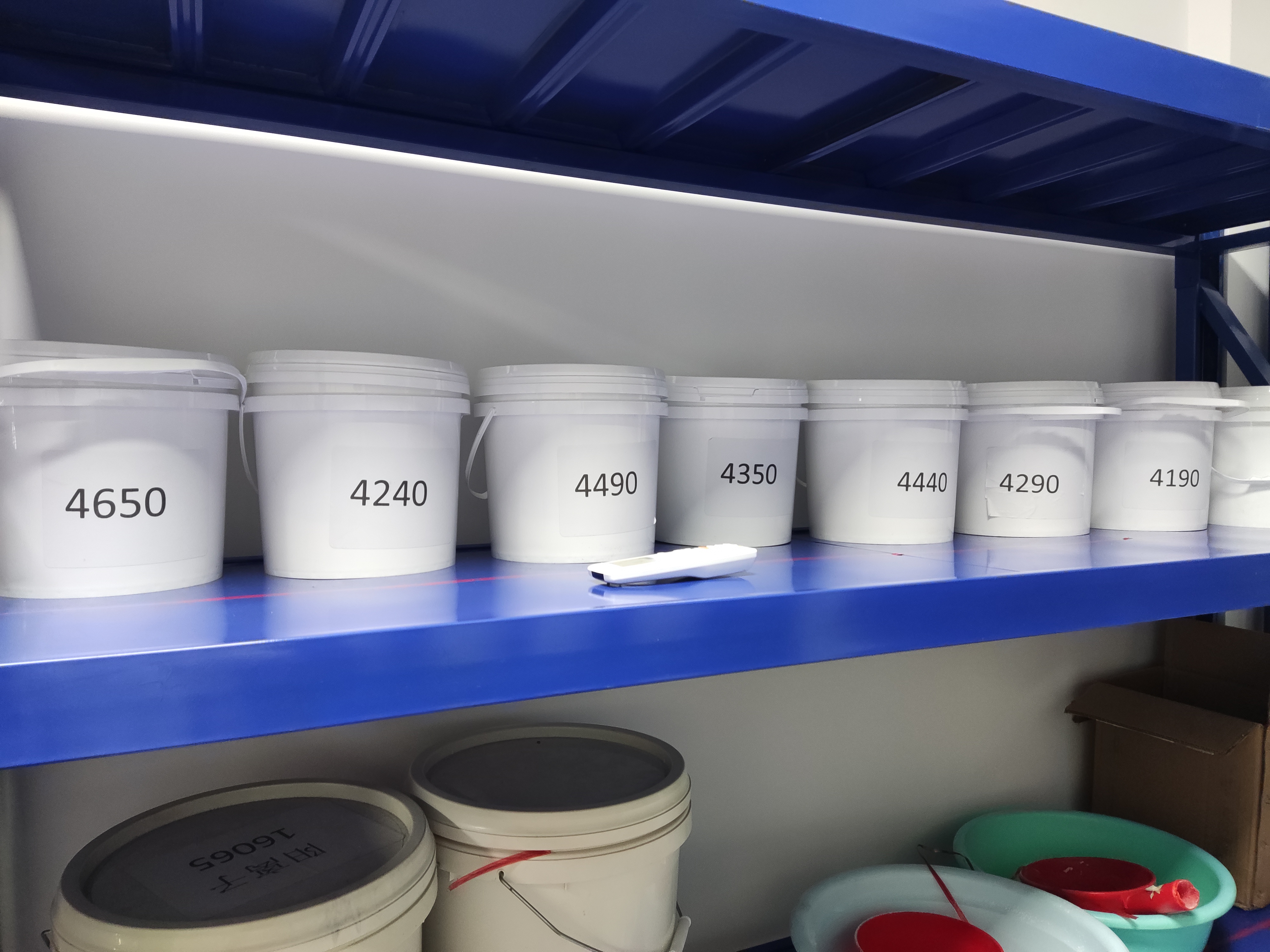The Role of Flocculating Agents in Liquid Dosage Forms
What Are Flocculating Agents?
Flocculating agents are essential components in the formulation of liquid dosage forms, particularly suspensions. These agents work by promoting the aggregation of fine particles into larger, more stable flocs, which can then settle uniformly. This process enhances the stability, appearance, and usability of liquid formulations.
Why Are Flocculating Agents Important in Liquid Dosage Forms?
In pharmaceutical suspensions, maintaining uniformity is critical for ensuring accurate dosing and efficacy. Without proper stabilization, particles in a liquid dosage form may settle unevenly, leading to inconsistencies in drug delivery. Flocculating agents mitigate this issue by preventing particle aggregation and sedimentation, making the formulation more reliable.
How Do Flocculating Agents Work?
Flocculating agents function by reducing the repulsive forces between suspended particles in a liquid medium. They achieve this by introducing electrolytes or polymers that neutralize the surface charges of the particles. Once the charges are neutralized, the particles come closer together and form flocs, which are easier to manage and offer better sedimentation control.
Applications of Flocculating Agents in Liquid Pharmaceuticals
Flocculating agents are widely used in the preparation of liquid pharmaceuticals such as antacids, antibiotics, and other suspension-based drugs. These agents ensure that the active pharmaceutical ingredient (API) remains evenly distributed throughout the liquid, allowing for consistent dosing and improved patient outcomes.
Benefits of Using Flocculating Agents
- Improved suspension stability
- Enhanced appearance and texture of the formulation
- Reduced sedimentation and caking
- Consistent dosing and improved patient compliance
Challenges in Using Flocculating Agents
While flocculating agents offer numerous benefits, selecting the right agent for a specific formulation can be challenging. Factors such as particle size, pH, and the ionic strength of the medium must be carefully considered to achieve optimal results. Additionally, overuse of flocculating agents can lead to excessive flocculation, which may negatively impact the suspension’s flow properties.

Conclusion
The use of flocculating agents in liquid dosage forms is a critical aspect of pharmaceutical formulation. These agents play a vital role in improving the stability, uniformity, and efficacy of liquid suspensions. By understanding their mechanisms and applications, pharmaceutical scientists can create more effective and reliable formulations, ultimately enhancing patient care.

